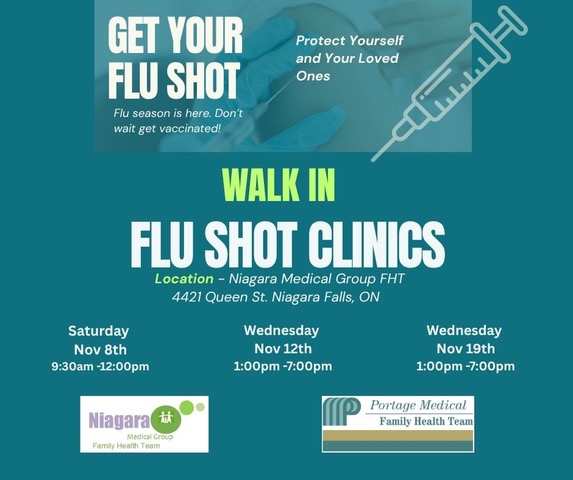Niagara Medical Group
Family Health Teams are primary health care organizations that include a team of family physicians, nurse practitioners, registered nurses, social workers, dietitians, and other professionals who work together to provide primary health care for their community. They ensure that people receive the care they need in their communities, as each team is set-up based on local health and community needs.
Important Updates

articles

MEDICAL ADVISORY: Measles Vaccination Recommendations and Vaccine Eligibility Extensions
Issued by: Dr. Jessica Jackman, MD MPH FRCPC FACPM DipABLM, Associate Medical Officer of Health
Date: March 5, 2024
Measles Vaccination Recommendations
In response to questions that Niagara Region Public Health has received from health care providers about measles vaccination, recommendations have been included for easy reference.
Vaccination schedule for those travelling outside of Canada
- Infants six to 11 months of age are eligible to receive one dose of MMR
- Infants who receive a dose of MMR before 12 months of age will still need to be vaccinated according to the routine schedule beginning at 12 months
- Adults who are eligible to receive only one dose of measles-containing vaccine according to the routine schedule can get a second dose for travel
Routine vaccination schedule (including high risk adults 26 years of age and older)
- Children 12 months to 17 years of age
- The first dose of MMR is given at 12 months of age
- A second dose of measles-containing vaccine is routinely given between four to six years of age
- Children who have not received measles-containing vaccine according to this timeline are recommended to receive two doses
- Adults 18 to 25 years
- Adults 18 to 25 years should receive two doses of measles-containing vaccine. If only one dose was previously received, individuals in this age group are recommended to receive a second dose.
- Adults 26 years of age and older
- Adults who have not had a measles-containing vaccine can be vaccinated as well. Adults 26 years of age and older can receive one dose of measles-containing vaccine.
- A second dose of measles-containing vaccine is also recommended for adults who meet the following criteria:
- Health care workers
- Post-secondary students
- Military personnel
- Anyone travelling outside of Canada
- Anyone based on the health care provider’s clinical judgement
If further consultation about measles vaccination for a patient is required, call the Vaccine Preventable Disease program at 905-688-8248 or 1-888-505-6074 ext. 7396.
Use the General Vaccine Order Form to order MMR and MMRV vaccines.
Vaccine Eligibility Extensions
On January 5, 2024, the Ministry of Health updated their Guidance for Routine & Catch-Up Immunization Services. Please take every opportunity to identify, communicate with, and vaccinate your patients as per below.
1. Students who missed school-based, grade 7 vaccines
- Extended until Aug. 31, 2024:
- HPV-9 (Gardasil 9®) available for female students born in 2002 and 2003, and male and female students born in 2004, 2005 and 2006
- Hepatitis B available for students born in 2005 and 2006
- Refer to page 8 of the Ministry of Health’s guidance for more information
- See the School Program Vaccine Order Form for details and to place an order for vaccine
- Pocket Guide for Immunizers: HPV Vaccination
As a reminder, students remain eligible for Men-C-ACYW135 until they have received this vaccine.
2. Individuals who meet the criteria to receive high-risk vaccines
- Extended until December 31, 2024:
- HPV-9 (Gardasil 9®) available for males born in 1993, 1994, 1995, 1996 and 1997
- 4CMenB (Bexsero®) available for individuals born in 2002, 2003, 2004, 2005 and 2006
- Men-C-ACYW135 (Menactra® or Nimenrix®) available for individuals born in 1964, 1965, 1966, 1967 and 1968
- Refer to page 9 of the Ministry of Health’s guidance for more information
- See the High Risk Vaccine Order Form for details and to place an order for vaccine
3. Adults who missed receiving Shingles vaccine
- Extended until December 31, 2024:
- Herpes zoster (Shingrix®) available for individuals born in 1949, 1950, 1951, 1952 and 1953
- Refer to page 8 of the Ministry of Health’s guidance for more information
- See the General Vaccine Order Form for details and to place an order for vaccine
For more information
Call the Vaccine Preventable Disease program at 905-688-8248 or 1-888-505-6074 ext. 7396


